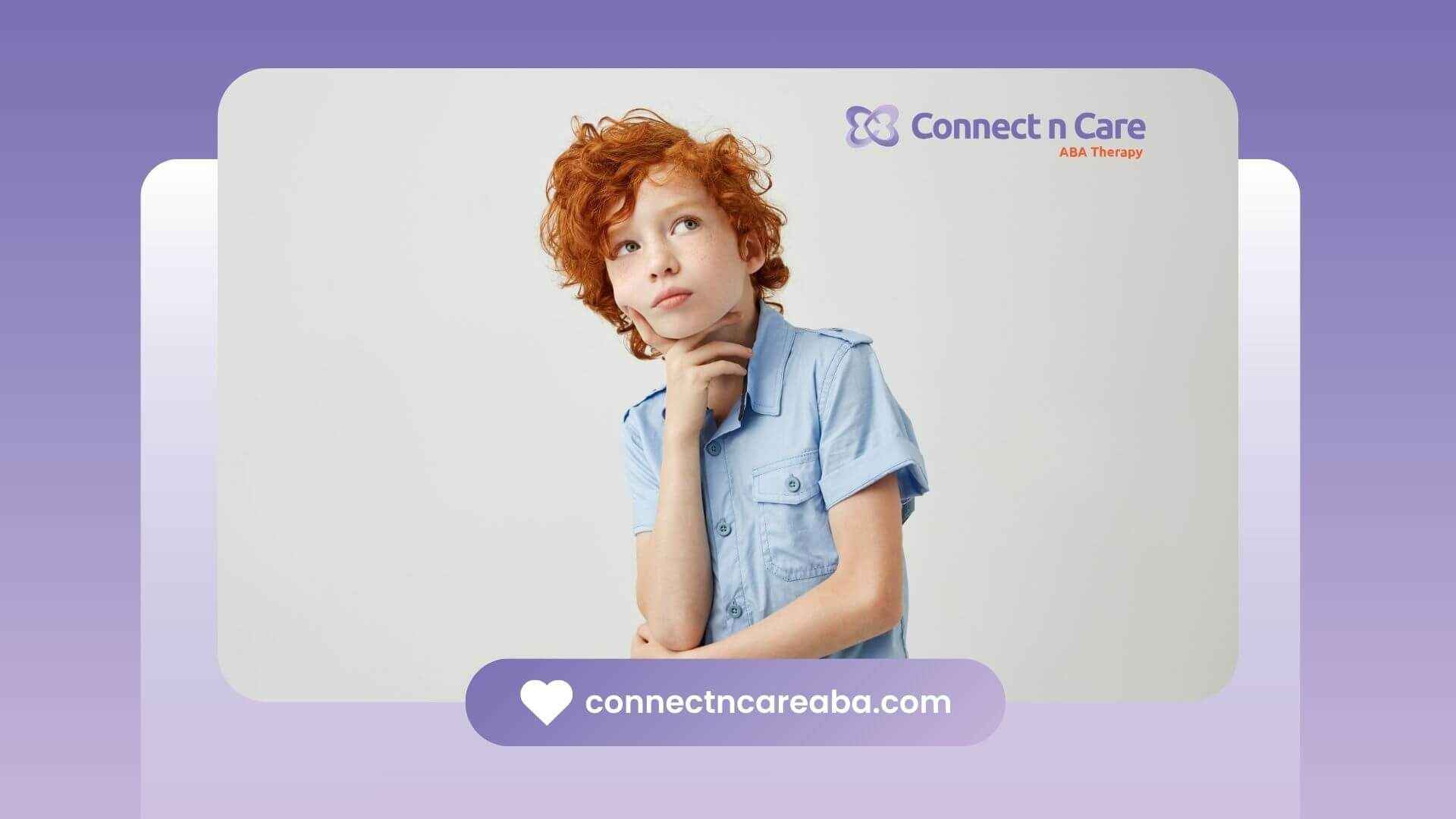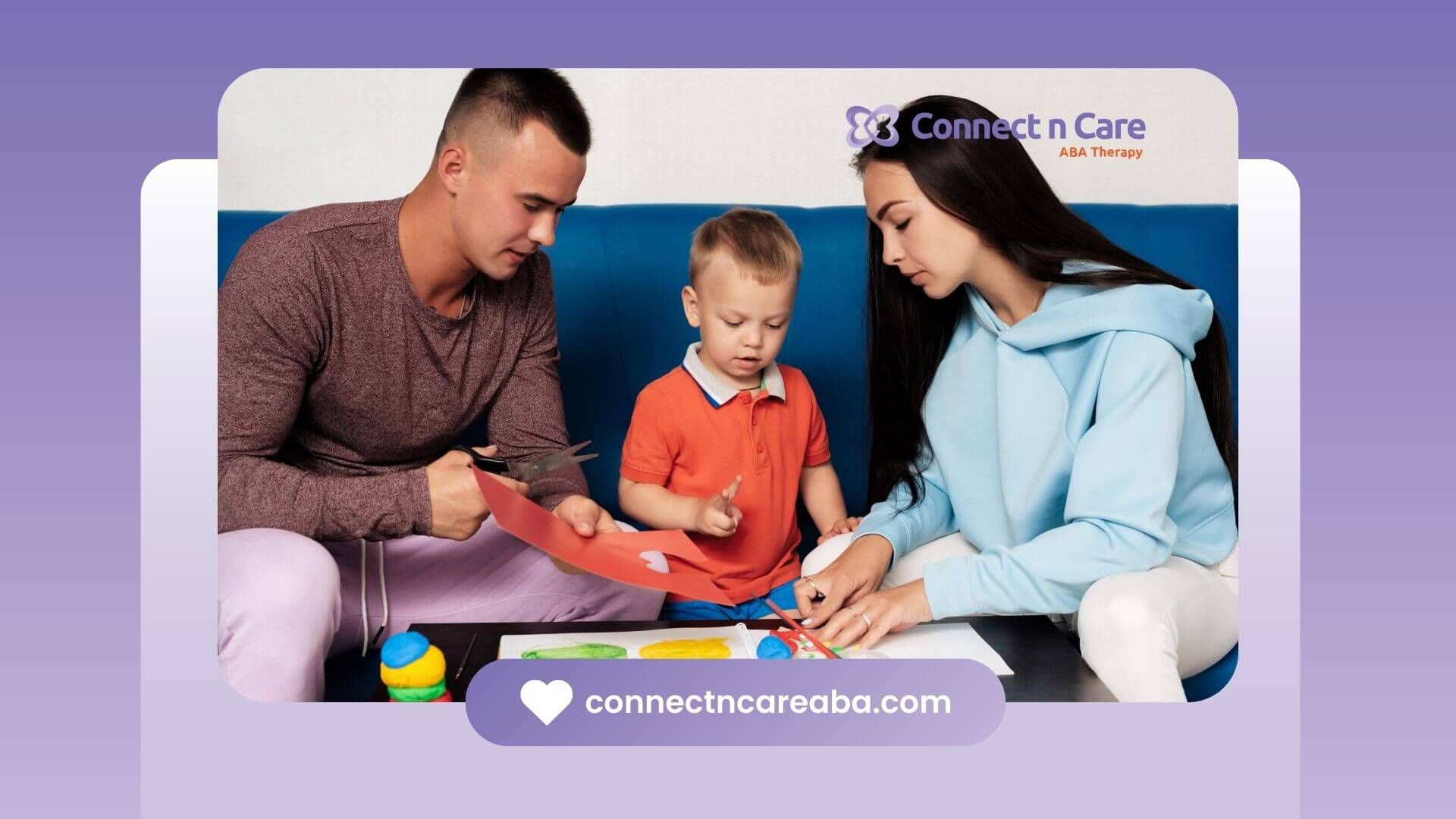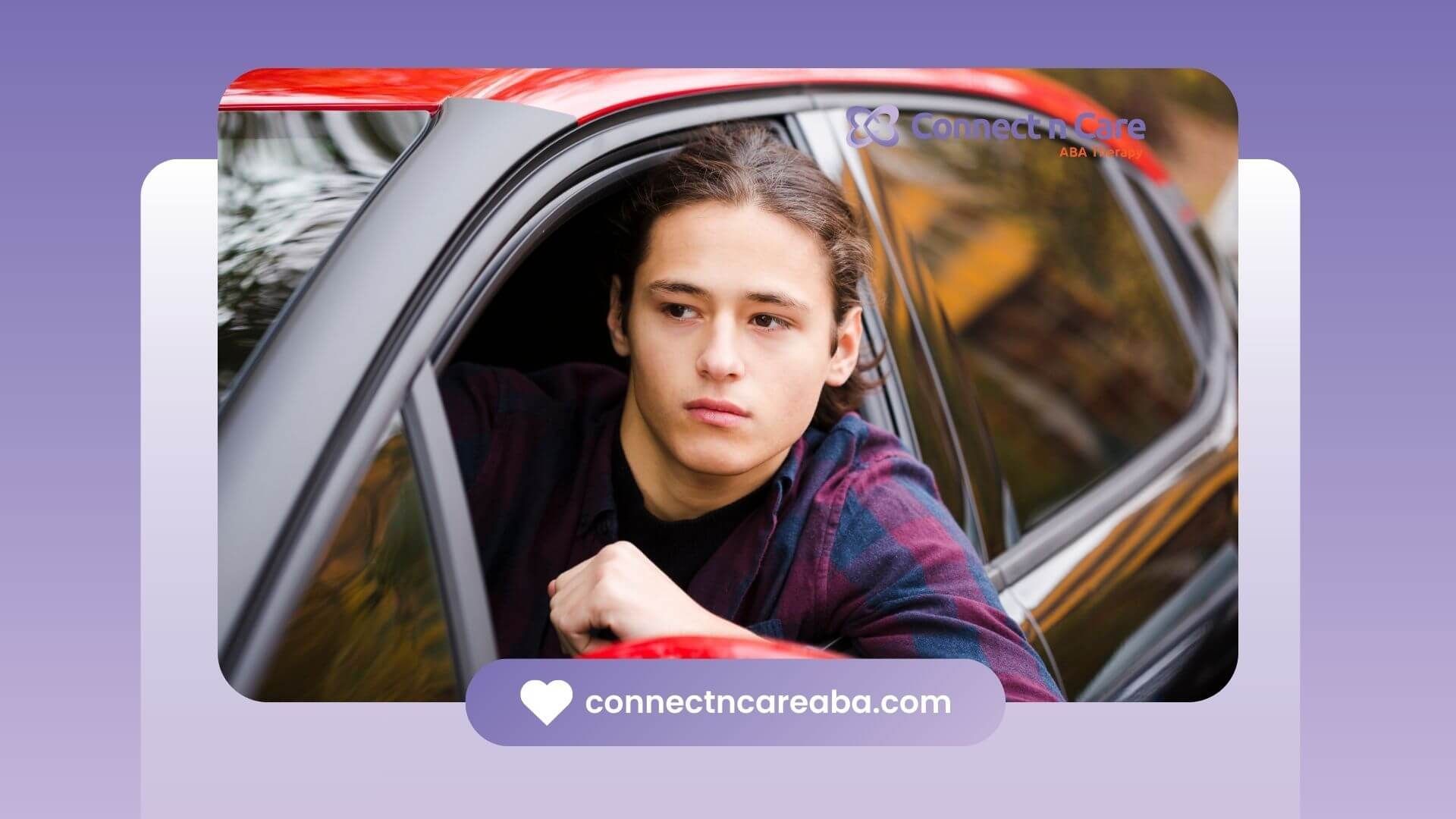Winter Activities at Camp Royall
Residential Winter Camp
Camp Royall is the spot where individuals with autism can dive into winter fun with their
Residential Winter Camp. It's open during school breaks in fall, winter, and spring, offering kiddos a good mix of fun and structure under watchful eyes. Whether it’s a 1:1 or 1:2 counselor-to-camper setup, each camper gets the attention they deserve.
| Program | Cost | Counselor-to-Camper Ratio |
|---|---|---|
| Residential Winter Camp | $2,600 per week | 1:1 or 1:2 |
Can't swing the cost? Don't sweat it! There are payment plans and scholarships available to ease the financial burden. Want more ideas on where to find autism-friendly winter fun in North Carolina? Swing by our guide on autism-friendly winter activities in North Carolina.
Mini Camps for All Ages
Weekends get a whole lot more exciting with Camp Royall's Mini Camps for All Ages. Running Friday evening to Sunday noon, these camps pack in fun with a 1:1 or 1:2 counselor setup, making sure everyone’s well looked after.
| Program | Cost | Duration | Counselor-to-Camper Ratio |
|---|---|---|---|
| Mini Camps for All Ages | $800 per weekend | Friday 5 p.m. - Sunday noon | 1:1 or 1:2 |
Money a bit tight? They offer financial help through a Scholarship Assistance Application.
Adult Immersion Week-long Camp
Got adults in need of some developmental fun? The Adult Immersion Week-long Camp is right up their alley! Available in March and September, this camp is all about hands-on learning, from kitchen antics to laundry lessons, all in a laid-back setting.
| Program | Cost | Sessions |
|---|---|---|
| Adult Immersion Week-long Camp | $1,200 per week | March and September |
Check out these programs and families can scoop up the perfect winter activities tailored just right for those with autism. For extra tips and info, take a look at our section on North Carolina winter sports for children with autism.
Teen Programs at Camp Royall
In Moncure, North Carolina, Camp Royall rolls out opportunities just for teens with autism. They're not just programs—they’re chances for these teens to hang out, learn to be social butterflies, and most importantly, have a blast. Two main shindigs they’ve got going are the Teen Retreats and Teen Tuesday Group.
Teen Retreats
Teen Retreats at Camp Royall are perfect for teens who march to the beat of their own drum. These weekend escapes let teens aged 13-22 dive into hobbies, games, and make new pals along the way. The vibe’s laid-back with a sprinkle of supervision. It’s like a giant sleepover with a 4-to-15 staff-to-teen ratio to keep things smooth.
| What’s Included | Info |
|---|---|
| Who Can Come | Teens 13-22 |
| How Long Is It | Just a weekend |
| Costs | $400 |
| Supervision | 4 adults for every 15 teens |
| Payment Options | Pay over three months |
| Scholarships | Yep, they’re available |
Thinking about what these retreats have in store plus other activities? Sneak a peek at our page: North Carolina winter activities for kids with autism.
Teen Tuesday Group
Meeting monthly from September to May, the Teen Tuesday group targets teenagers on the autism spectrum with higher functioning levels, including Asperger's. Here, teens aged 13-22 practice life hacks, play games, and chow down on a shared dinner.
| What’s Included | Info |
|---|---|
| Who Can Come | Teens 13-22 |
| How Often | One Tuesday a month (September to May) |
| Fall Cost | $200 |
| Spring Cost | $250 |
| Food | Dinner’s on us |
These get-togethers are all about making the social world a little less tricky and everyday living a whole lot easier.
So, Teen Retreats and Teen Tuesday Group aren’t just good—they’re awesome chances for teens with autism to tune into social skills, grab some fun along the way, and just be themselves. They’re the stars of many autism-friendly winter activities in North Carolina.
Sensory-Friendly Options in North Carolina
Parents and guardians looking for fun winter activities that welcome everyone, including kids with Autism Spectrum Disorder (ASD), can find plenty of options in North Carolina.
Sensory-Friendly Movie Screenings
In North Carolina, there's been a growing availability of "sensory-friendly" events for families with autism to enjoy during winter. A standout event was the sensory-friendly presentation of "Dr. Seuss’ How the Grinch Stole Christmas! The Musical" at the Durham Performing Arts Center way back in January 2017. The show was tweaked to be more autism-friendly with:
- Softer sounds
- Fewer flashing lights
- Quiet spaces
- Helpers to assist families
These changes turned the event into a big win for families in the area, making it a memorable outing.
| Feature | Adjustment |
|---|---|
| Loud Noises | Tuned down |
| Flashing Lights | Reduced |
| Quiet Sections | Found |
| Volunteer Support | On hand |
Camp G.R.A.C.E. Day Camp
Camp G.R.A.C.E. is tailor-made for kids with Pervasive Developmental Disorders (PDD) and ASD, among other needs. The camp runs for a week each session and is all about learning new skills through various fun and therapeutic activities.
Camp has two different sessions to choose from:
- Social Skills Sessions: For kids who can manage without constant supervision. Here, they'll engage in skill-building activities, teamwork, and practice social interactions.
- Building Blocks Sessions: Offers fewer kids per group for more attention. Activities range from trying new games to arts and crafts, music, and even spending time with therapy dogs. There are also water activities and focused time on improving sensory and social skills.
| Session Type | Focus Areas | Ratio |
|---|---|---|
| Social Skills | Skill-building activities, teamwork, socializing | Group |
| Building Blocks | Personal attention, games, art, music, dog fun, water play, sensory work, character, and social skills sessions | Smaller Group |
Camp G.R.A.C.E. requires an application to join, with sign-ups starting January 1 for returning campers and February 1 for newcomers. Registration is subject to review by a camp director. Groups like The YMCA of the Triangle, A Small Miracle, LLC., Autism Society of North Carolina, Community Partnerships, and Maxim Home Health work hard to make Camp G.R.A.C.E. happen.
Support Programs for Children with Autism
North Carolina has a bunch of great support options for kiddos with autism, especially when it gets chilly outside. Two standouts are the Medicaid Home and Community-Based (HCB) Waivers and the TEACCH Autism Program.
Medicaid Home and Community-Based Waivers
In North Carolina, Medicaid HCB Waivers are a lifesaver for families, making sure kids with autism get what they truly need. These waivers focus on services that boost a child’s growth and welfare, including:
- Personalized Care Plans: Looking closely at what each child needs and making sure their care fits them just right.
- Relaxation for Caregivers: Giving primary caregivers a break, while professionals take over for a bit.
- Therapy Access: Providing physical, occupational, and speech therapy to help kids grow and develop.
Kids might also be eligible for Early and Periodic Screening, Diagnostic, and Treatment (EPSDT) services through Medicaid. These services ensure timely check-ups and necessary treatments are never missed, keeping overall health and growth on track.
TEACCH Autism Program in North Carolina
The TEACCH Autism Program, linked to UNC-Chapel Hill, was a trailblazer as the first statewide autism initiative in the USA. It dishes out an array of helpful services for those with autism and their families:
- Thorough Assessments: In-depth look at each child’s abilities and areas where they need a bit more help.
- Custom Learning Plans: Putting together education plans that cater to each child's learning style.
- Guidance for Families: Offering advice and help so families can be the best support system.
- Job Assistance: Helping older kids and young adults find jobs that fit them well.
With its focus on structured learning, the TEACCH program truly helps kids with autism succeed wherever they are, from home to classroom.
| Program | Services | Eligibility |
|---|---|---|
| Medicaid HCB Waivers | Personalized Care Plans, Relief for Caregivers, Therapy Access | Based on Medicaid eligibility |
| TEACCH Autism Program | Assessments, Learning Plans, Family Advice, Job Assistance | Open to individuals with autism in NC |
These programs are vital for boosting the quality of life for kids with autism in North Carolina, giving them access to resources and care all year long - yup, even when it’s frosty outside.
Parent-Mediated Intervention Programs
Just imagine the powerful role parents play when looking after their kids with autism spectrum disorder (ASD). Parent-mediated intervention programs give folks the skills to nudge their child's growth through everyday chats and hugs. Let's have a peek at two well-loved techniques: Parent Training (PT) and Pivotal Response Training (PRT).
Parent Training (PT)
Parent Training (PT) programs are all about getting the kids talking more and interacting better. These programs teach moms and dads clever ways to connect with their kiddos and set them on a path to positive change. Research says when the 'rents get involved, these programs really knock it out of the park.
Key Benefits:
- Chattier kiddos
- Friendlier interactions
- Calmer, happier homes
| Program Component | Benefit |
|---|---|
| Communication strategies | More words from your little chatterbox |
| Social skills training | Making friends and keeping 'em |
| Behavioral intervention | Less meltdowns, more chill time |
Pivotal Response Training (PRT)
Pivotal Response Training (PRT) is all about having fun and letting the child lead the play. It hones in on vital areas like keeping kids motivated, helping them notice more stuff around them, and teaching them to manage themselves. Programs like PACT, JASPER, and ImPACT have been known to boost social skills, language growth, and make life less stressful for the whole family.
Key Benefits:
- Talking more, tantruming less
- Smoothing out symptoms
- Parents feelin' less frazzled
| Program Component | Benefit |
|---|---|
| Motivation training | Kids keen for more play |
| Response to cues | Noticing the world around them |
| Self-management skills | More independence, less hitching a ride on the struggle bus |
By diving into parent-mediated programs like PT and PRT, folks can seriously boost their kiddo's skills. Plus, these techniques come in handy when checking out North Carolina winter camps for children with autism—places that offer both fun and therapy all rolled into one.
Financial Assistance and Scholarships
Winter programs can be a game-changer for kids with autism, providing a chance to learn and have fun. In North Carolina, Camp Royall and Camp G.R.A.C.E. are stepping up to make sure everyone can join in, thanks to the financial help they offer.
Scholarships at Camp Royall
Nestled in Moncure, North Carolina, Camp Royall is famous for its welcoming vibe, perfect for those with autism. With a mix of programs like winter camps, mini camps, and adult getaways, it's an attractive option. Understanding that money can be tight, they're all about scholarships to make camp fees less heavy.
| Camp Program | Duration | Cost | Payment Plan | Scholarship Availability |
|---|---|---|---|---|
| Residential Winter Camp | 1 Week | $2,600 | Yes | Yes |
| Mini Camps for All Ages | 1 Weekend | $800 | N/A | Yes |
| Adult Retreat | 1 Weekend | $400 | Yes | Yes |
| Teen Retreat | 1 Weekend | $400 | Yes | Yes |
| Adult Immersion Week-long Camp | 1 Week | $1,200 | Yes | Yes |
- Residential Winter Camp: You can break up the payments to make things easier, and scholarships are there to help different income levels be part of the fun.
- Mini Camps: With a quick form for Scholarship Assistance, campers of all ages can hit the mini camps without a worry.
- Adult and Teen Retreats: Spread those payments over three months and snag a scholarship to help out. These retreats mean good times mixed with valuable learning.
- Adult Immersion Week: Scholarships chip in for these week-long sessions focused on life skills like cooking and cleaning.
Financial Support for Camp G.R.A.C.E.
Camp G.R.A.C.E., another top choice at the YMCA Triangle, makes sure that lack of funds doesn't stand in the way of a great camp experience. Focusing on creating a supportive spot for kids with autism, the camp keeps its doors open wide thanks to donations.
| Program | Duration | Financial Support |
|---|---|---|
| Camp G.R.A.C.E. Day Camp | Varies | Yes |
- Day Camp: No kid is left out just because money is tight, acknowledging the extra stress families face.
This generosity in funding makes it so both Camp Royall and Camp G.R.A.C.E. can offer these awesome opportunities to everyone.
SOURCES:
https://www.autismsociety-nc.org/camp-royall/programs/
https://www.autismsociety-nc.org/sensory-friendly-activities-ease-winter-blues/
https://www.ymcatriangle.org/programs/camps/traditional-day-camps/camp-grace









